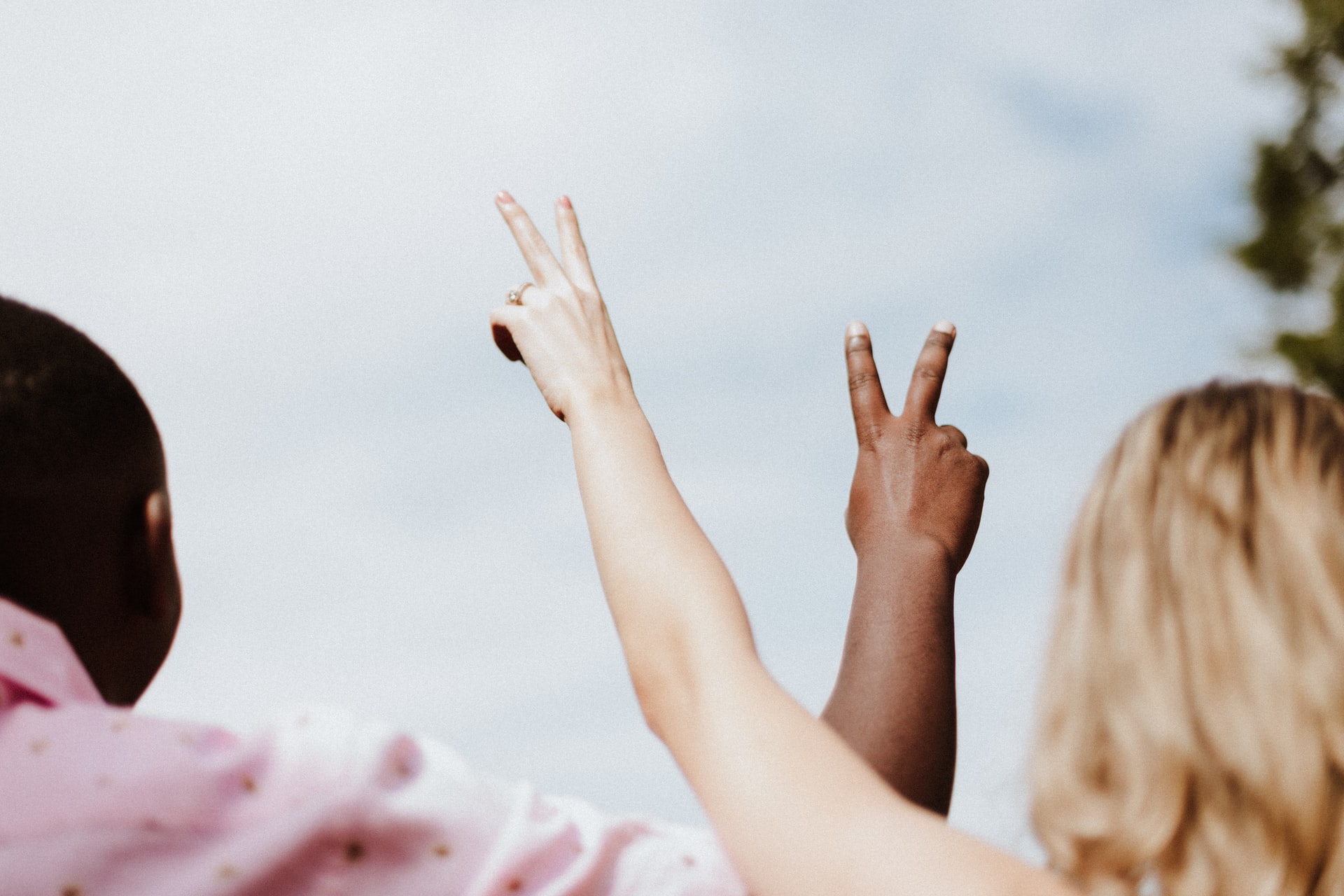The University of Minnesota is now offering a special webinar series based on the 12 steps of Alcoholics Anonymous to recover from “white conditioning.”
The two-hour “Recovery from White Conditioning” lecture, hosted through the school’s Center for Practice Transformation, features therapist Cristina Combs.
Combs, a Minnesota alumnus, created the program after struggling with her “whiteness in her personal, academic, and professional journeys,” according to the university website.
Combs begins the program, which offers a “spectrum of recovery” from white supremacy, by acknowledging that she is on “traditional Dakota land,” the territory of a Native American tribe which settled in Minnesota. She also acknowledges “George Floyd, Breonna Taylor, and all of the other lives stolen from families and communities and our world due to police brutality and state-sanctioned violence.”
She then says that the goal of the course is to “deconstruct” and “decentralize” whiteness to “expose it, to study its pattern, and to transform its violent legacies.”
All Whites Are Complicit in ‘White Supremacy’
Her opening statement is followed by a slideshow that sums up the program, in which she asks: “What comes to mind when you hear the term ‘white supremacy?’”
She runs through slides showing typical images people associate with the term: the KKK, neo-Nazis, tiki-torches. However, the last slide shows the face of Combs herself, as she poses the question: “Why would I put my face on this list of white supremacists?”
She offers herself up as a final example, a sort of confession that when people would previously bring up the topic of white supremacy her first reaction was to recoil. She ultimately realized that this was because of her ego.
“Accepting myself as a part of white supremacy is a freedom of sorts,” she explains.
Delving further, she quotes Dr. Joseph L. White, often considered “the Father of Black Psychology,” who says there is a “healthy suspicion of white people” among the black community, as they must navigate the “violent legacies of whiteness.”
“…so when I connect myself to that, then I am reminded that people of color see me as someone who would call the police because a black woman is sleeping around her dorm room,” she explains.
Combs continues, quoting Dr. Robin DiAngelo, who says that most people subscribe to binary thinking regarding the concept of racism, convincing themselves they are either “good people and not racist” or “bad people and racist.”
“Which means, we can’t have conversations with good people about how they are complicit and perpetuate white supremacy,” she says.
“So my picture is up there as a part of breaking that binary thinking,” Combs says, adding that all white people are “implicated” and “complicit” in white supremacy and have work to do, without exception.




